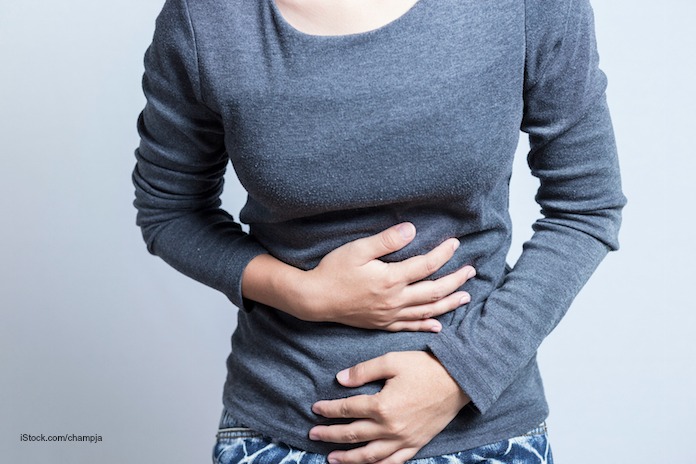The Centers for Disease Control and Prevention has issued a press release detailing how people can help detect and solve food poisoning outbreaks. Every year, about 1 in 6 Americans (48,000,000 people) get sick from a foodborne illness. While most of these cases are individual, some are part of larger outbreaks.

If a large number of people are sick in a given period and area, it’s called a cluster. A cluster is an outbreak when investigations reveal that the bacteria that made them sick is the same. The CDC uses epidemiologic, traceback, and environmental investigations to help solve these outbreaks. Finding the source of the outbreaks is critical to ending it and to make sure that more people don’t get sick.
There are currently several active multistate foodborne illness outbreaks going on right now in this country. Seven Salmonella outbreaks linked to live poultry in backyard flocks has sickened at least 324 people in 35 states. An E. coli O121 outbreak linked to General Mills flour has sickened at least 38 people in 20 states. And eight people in three states are sick with Listeria monocytogenes food poisoning that is linked to recalled CRF Frozen Foods vegetables.
You can help if you are sick with a foodborne illness in several ways. First, report the illness to your health department. This can help officials identify potential outbreaks and look for clusters of people with similar symptoms and eating patterns.
Second, talk to your doctor about testing you for bacteria. Stool or blood tests can tell if you have a foodborne illness. These samples are sent to labs that can culture the bacteria. That information is uploaded to PulseNet, a system that can find other people sickened with that particular strain of bacteria.
And third, write down what you ate and when you ate it. A food diary can be crucial to helping officials solve an outbreak. It’s also important to write down any contact with pets or animals when you’re sick. In addition, save grocery receipts and receipts from farmers markets and restaurants.
If you haven’t been sickened with a foodborne illness, you can also help by participating in disease investigations called case control studies. Officials interview those who are sick and healthy people. The foods these two groups ate and where they went are compared to try to find a common source.
You can also help by keeping original packages or labels with the food you buy when it is stored in the freezer or pantry. And enroll in shopper card programs at the supermarkets you frequent, because those systems track your purchases and can notify you when recalls are launched.




